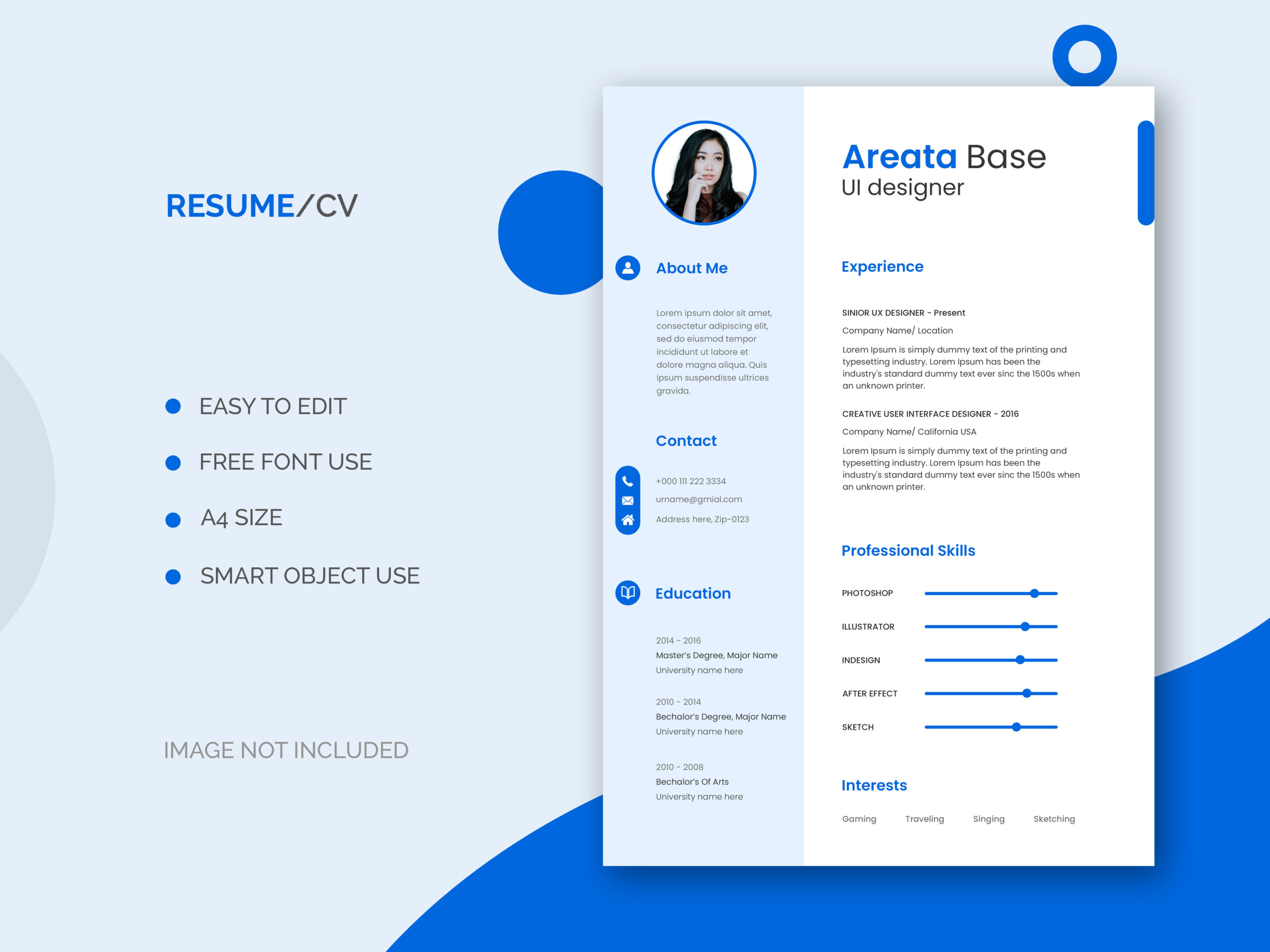In an era marked by technological advancements, the integration of Artificial Intelligence (AI) into recruitment processes has become increasingly prevalent. One of the primary applications of AI in hiring is AI resume screening, which utilizes algorithms to sift through numerous resumes and identify potential candidates efficiently. While these AI sourcing tools offer unprecedented efficiency, their usage raises significant ethical considerations, particularly concerning candidate privacy.
The proliferation of AI resume screening tools has undeniably revolutionized the initial stages of the recruitment process. These tools streamline the hiring process, saving time and effort for hiring managers inundated with a deluge of resumes. However, beneath the surface of convenience lie ethical dilemmas that demand attention and resolution.
Privacy stands at the forefront of these concerns. Candidates willingly submit their resumes to potential employers, expecting their personal information to be handled with care and confidentiality. Yet, AI resume screening involves the collection and analysis of a vast array of personal data, including educational background, work history, skills, and even social media profiles. This extensive data aggregation raises pertinent questions about consent, transparency, and the responsible use of candidates’ information.
One pressing issue is the potential for unconscious biases embedded within AI algorithms. These biases can inadvertently perpetuate discrimination based on gender, race, ethnicity, or other factors. AI, reliant on historical data, might unknowingly replicate biases inherent in past hiring practices, perpetuating systemic inequalities. Consequently, qualified candidates might be unjustly overlooked or excluded based on flawed algorithmic decisions.
To address these ethical concerns, transparency in the AI resume screening process is imperative. Companies should strive to make their AI algorithms transparent and auditable, allowing for scrutiny and evaluation of the decision-making process. Furthermore, regular audits and assessments should be conducted to identify and mitigate biases within these systems.
Moreover, candidate consent and control over their data necessitate careful consideration. Companies utilizing AI sourcing tools must ensure candidates are informed about the use of their data and give explicit consent for its utilization. Providing candidates with the option to opt-in or opt-out of certain data collection practices empowers them and respects their privacy rights.
Anonymizing candidate data during the initial screening process is another ethical safeguard. By removing identifiable information such as names, addresses, or social media profiles, AI algorithms can focus solely on qualifications and skills, mitigating the risk of unconscious bias based on irrelevant personal details.
Balancing the efficiency of AI resume screening with ethical considerations requires a collaborative effort. Regulatory bodies, policymakers, technology developers, and HR professionals need to collaborate to establish clear ethical guidelines and legal frameworks governing the use of AI in recruitment.
Furthermore, ethical training and education should be prioritized for HR professionals and hiring managers utilizing these AI tools. A deep understanding of the potential biases and ethical implications of AI resume screening is crucial to making informed, ethical decisions throughout the hiring process.
Emphasizing diversity and inclusion in AI development is pivotal. Diverse teams working on AI algorithms can help identify and mitigate biases, ensuring fair and equitable outcomes. Incorporating ethical principles into the very design and development phase of AI sourcing tools is fundamental to promoting fairness and mitigating discrimination.
While AI resume screening undoubtedly offers efficiency gains, human oversight remains indispensable. The human touch in recruitment cannot be replaced by algorithms entirely. Human intervention is necessary to interpret nuances, exercise judgment, and consider individual circumstances that algorithms might overlook.
Ultimately, ethical considerations in AI resume screening and candidate privacy are not merely theoretical concerns but essential pillars that uphold fairness, equality, and trust in the hiring process. Striking a balance between leveraging technological advancements for efficiency while upholding ethical standards is crucial for the future of recruitment.
In conclusion, the integration of AI in resume screening offers immense potential, but its ethical implications must be navigated carefully. Prioritizing transparency, informed consent, bias mitigation, and human oversight can pave the way for a more ethical and equitable recruitment landscape. By embracing ethical principles at every stage, from algorithm design to implementation, we can harness the benefits of AI while safeguarding candidate privacy and promoting fairness in hiring practices.
Ethics should not be an afterthought but an integral part of the evolution of AI in recruitment, ensuring that innovation aligns with integrity and respect for all individuals involved in the process.






